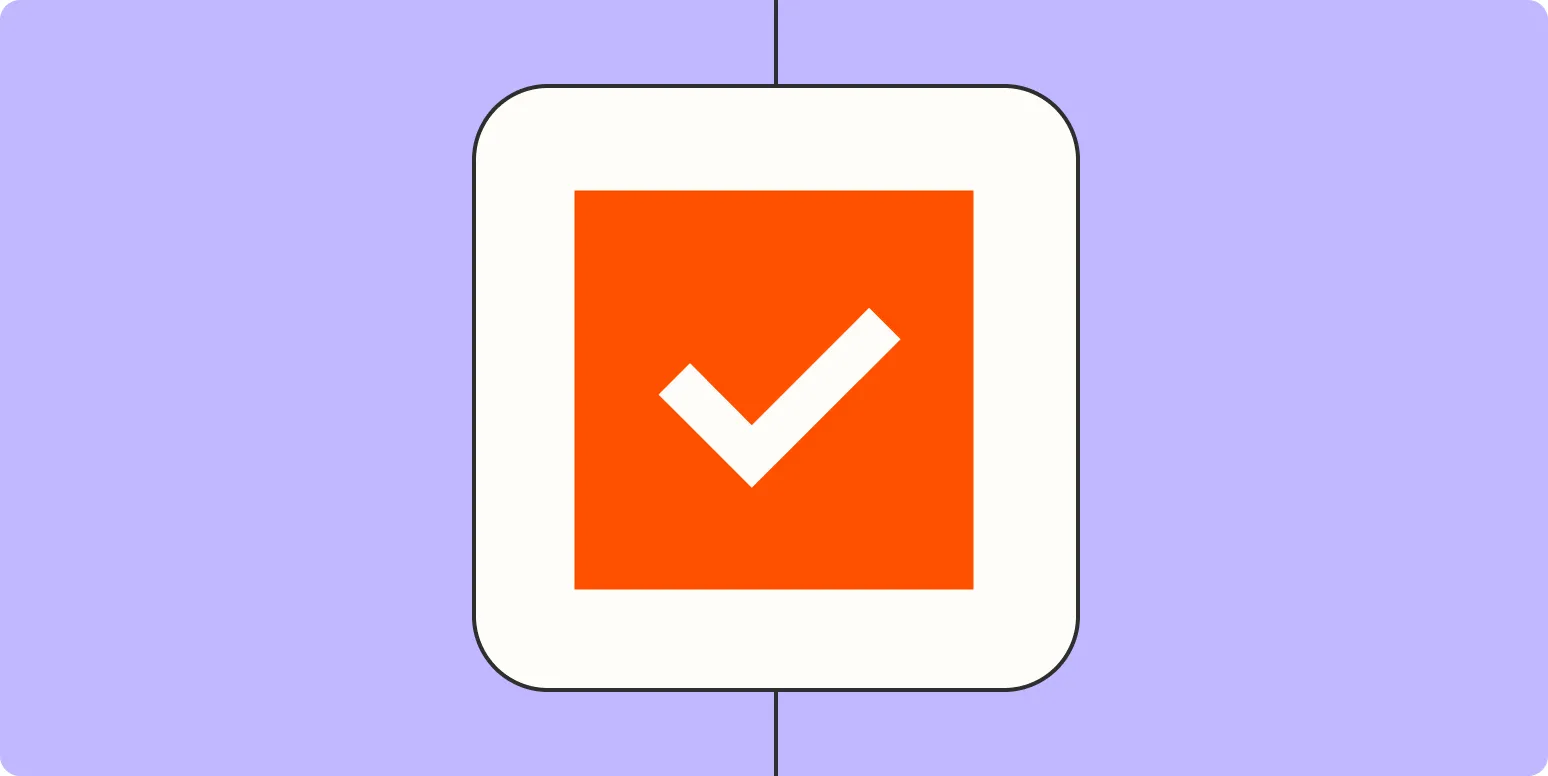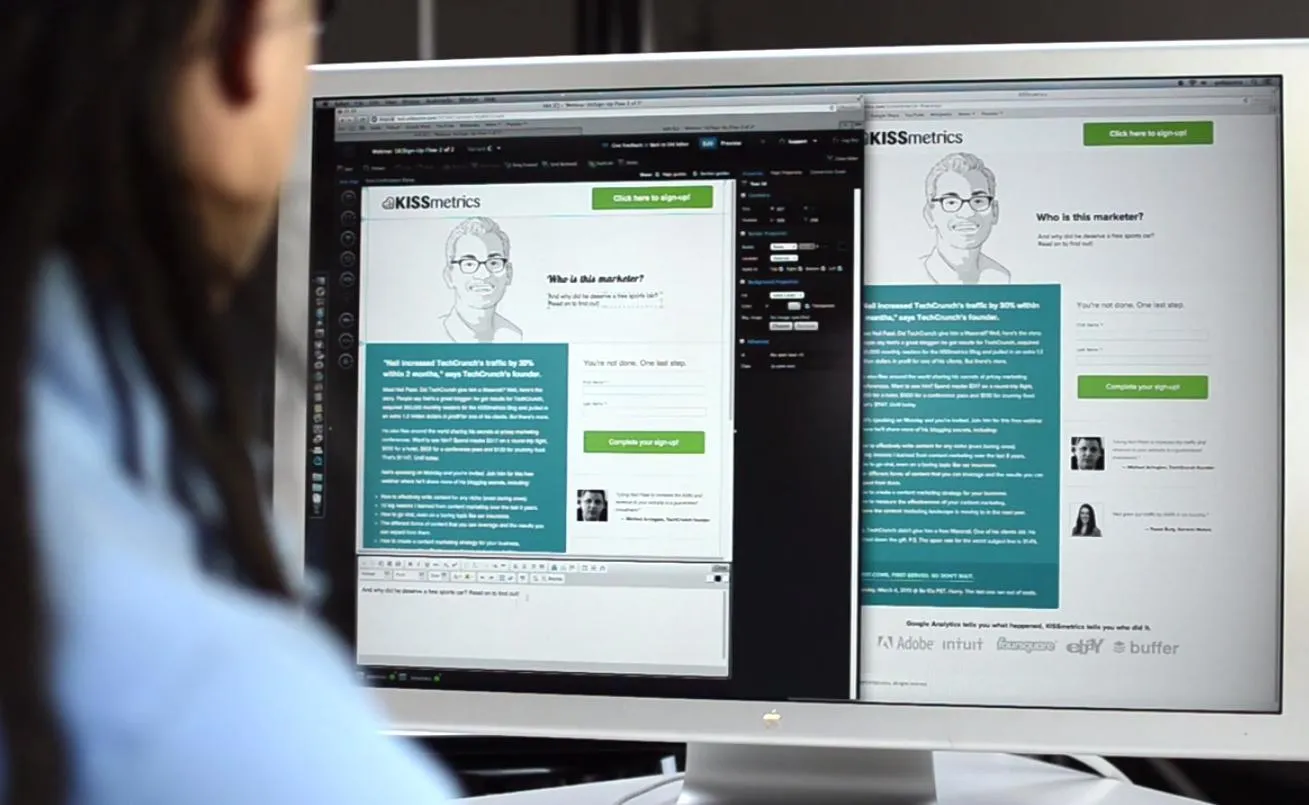In today's fast-paced business environment, effective project management is crucial for success. To streamline operations and improve efficiency, companies often rely on various ''project management software stacks''. These stacks consist of multiple applications that work together to ensure seamless project execution. Below, we explore the project management software stacks used by 13 different companies, along with a comparative chart for easy reference.
Project Management Software Stacks Overview
Each company's project management software stack is tailored to its specific needs, incorporating tools for task management, collaboration, communication, and reporting. The following table summarizes the software stacks used by various companies.
| Company | Project Management Tool | Collaboration Tool | Time Tracking Tool | Reporting Tool |
|---|---|---|---|---|
| Company A | Asana | Slack | Toggl | Google Data Studio |
| Company B | Trello | Microsoft Teams | Harvest | Tableau |
| Company C | Jira | Confluence | Clockify | Power BI |
| Company D | Monday.com | Zoom | TimeCamp | Looker |
| Company E | Basecamp | Discord | Timely | Google Analytics |
| Company F | ClickUp | Skype | RescueTime | QlikView |
| Company G | Smartsheet | Webex | Everhour | Zoho Analytics |
| Company H | Wrike | Google Meet | Paymo | DashThis |
| Company I | Notion | Flock | Hubstaff | Metabase |
| Company J | Zoho Projects | Microsoft Teams | Tick | Databox |
| Company K | Teamwork | Slack | Time Doctor | Cyfe |
| Company L | TeamGantt | Google Chat | ClockShark | ReportGarden |
| Company M | Taskworld | Chatwork | TimeSheet | Simple Analytics |
Key Benefits of Using a Project Management Software Stack
By integrating various applications into a cohesive ''project management software stack'', companies can leverage the strengths of each tool. Here are some of the key benefits:
1. Improved Collaboration
With dedicated collaboration tools like ''Slack'' and ''Microsoft Teams'', teams can communicate effectively, share updates, and resolve issues in real time. This fosters a culture of transparency and teamwork, which is vital for project success.
2. Enhanced Task Management
Using specialized tools like ''Asana'', ''Trello'', or ''Jira'', teams can prioritize tasks, assign responsibilities, and track progress. This ensures that everyone is on the same page and deadlines are met efficiently.
3. Accurate Time Tracking
Integrating time tracking tools like ''Toggl'' or ''Harvest'' allows companies to monitor how much time is spent on various tasks. This data can help identify bottlenecks and improve resource allocation.
4. Comprehensive Reporting
Utilizing reporting tools such as ''Tableau'' or ''Google Data Studio'' enables companies to analyze project performance, derive insights, and make data-driven decisions. This is essential for continuous improvement and strategic planning.
Challenges to Consider
While a ''project management software stack'' offers numerous benefits, it’s essential to be aware of potential challenges:
1. Integration Issues
Not all tools seamlessly integrate with each other. Companies may face difficulties in establishing connections between applications, leading to data silos and inefficiencies.
2. User Adoption
Getting team members to adopt new tools can be a challenge. It's crucial to provide training and support to ensure everyone is comfortable using the software stack.
3. Cost Management
Licensing fees for multiple applications can add up. Companies need to assess their budget and determine which tools provide the best value for their specific project management needs.
Conclusion
In conclusion, ''project management software stacks'' are essential for modern businesses aiming to enhance productivity and efficiency. By leveraging the right combination of tools, companies can improve collaboration, task management, time tracking, and reporting. However, it is vital to address potential challenges such as integration issues and user adoption to maximize the benefits of these software stacks. As organizations continue to navigate complex projects, the right technology will play a pivotal role in driving success.





